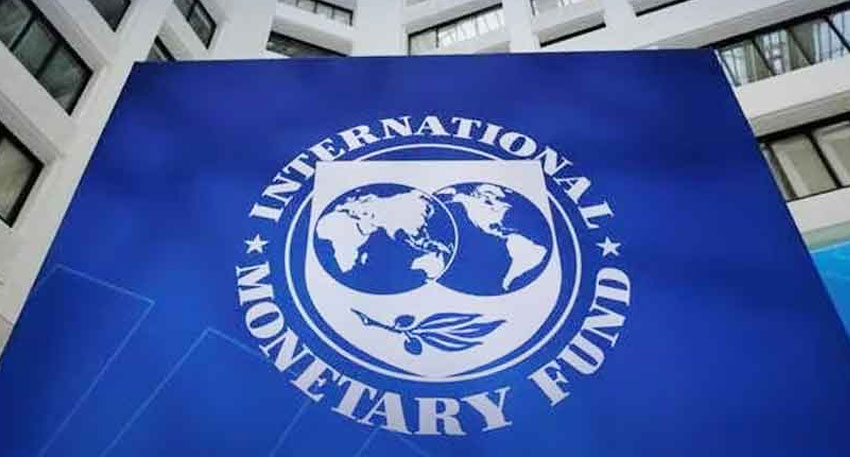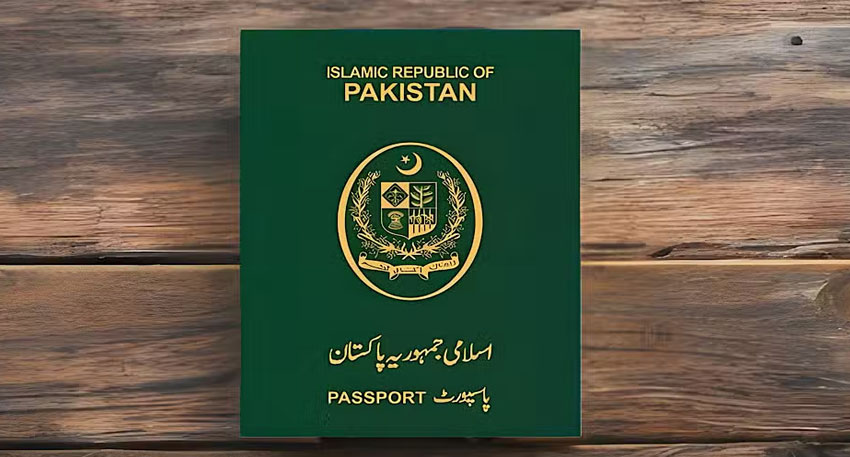
Pakistan has successfully reached a staff-level agreement with the International Monetary Fund (IMF) under the Extended Fund Facility (EFF), paving the way for a $1.2 billion disbursement once approved by the IMF Executive Board, according to an official press release.
The IMF acknowledged that Pakistan had strongly implemented the Extended Fund Facility, leading to gradual macroeconomic stability and renewed market confidence.
Key economic highlights from IMF statement:
- Current Account Surplus: For the first time in 14 years, Pakistan recorded a current account surplus in FY2025.
- Improved Macroeconomic Indicators: The fiscal consolidation program performed better than targeted, inflation slowed, and foreign exchange reserves improved over the past year.
- Flood Impact: The IMF noted that recent floods affected over 7 million people, causing significant damage to crops and housing infrastructure.
Government commitments & reforms
- The Government of Pakistan reaffirmed its commitment to fiscal discipline and strengthening public finance management.
- Authorities have pledged to keep inflation within the State Bank of Pakistan s target range.
- There was agreement on further reforms to ensure energy sector sustainability and promote structural reforms.
- Under the Resilience and Sustainability Facility (RSF), progress has been made on climate-focused policy reforms.
- The IMF highlighted that the floods have emphasized the urgent need to implement comprehensive policy and structural reforms.
Economic projections & targets
- GDP Growth is expected to slow to between 3.3% and 3.6% due to the impact of recent floods.
- The government remains determined to achieve a primary budget surplus of 1.6% of GDP for the current fiscal year.
- Efforts are underway to offset revenue shortfalls through tax policy and administrative measures, including plans to simplify and strengthen the tax system.
- The federal government will work with provinces to improve overall tax coordination.
Monetary & exchange rate policies
- The State Bank of Pakistan will maintain a data-driven and tight monetary policy stance to manage inflationary pressures.
- While improvements in foreign exchange reserves are encouraging, the IMF emphasized the need to deepen the FX market further.
Energy sector & privatization
- Efforts have been made to curtail circular debt and improve financial sustainability in the energy sector.
- Structural reforms focus on improving the performance and governance of electricity distribution companies (DISCOs).
- The government is also progressing on the privatization of state-owned enterprises, transmission system upgrades, and creating a competitive electricity market.
Agricultural & commodity market reforms
- Plans are underway to reduce government intervention in essential commodity markets, allowing the agriculture sector to become more efficient, diverse, and globally competitive.
- Reduced state interference will support domestic food security goals and help enhance productivity.
Also Read: Arab nations, US and Canada ready to fund Gaza’s $70 billion restoration plan: UN
Trade & climate financing
- A new National Tariff Policy is being implemented to promote trade.
- The government is working on a comprehensive framework for climate disaster risk financing, aiming to better respond to natural calamities in the future.




